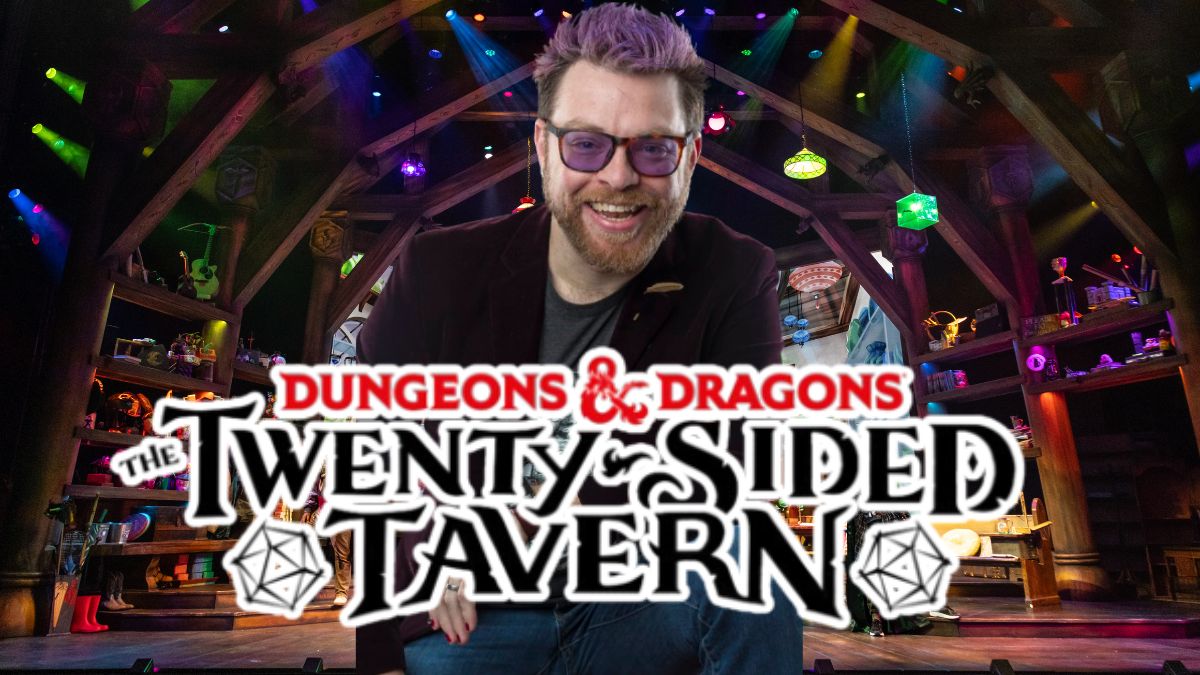
Assassin’s Creed: Revelations mission design director claims the series’ 12 month production cycle is “ideal,” and talks about the benefits of developing against the clock.
Ubisoft has produced four “core” Assassin’s Creed games in the past five years. The latest in the series, Assassin’s Creed: Revelations hits shelves on the 15th of November, almost precisely one year after the previous game. With the games having less than a twelve-month production cycle, Ubisoft is treading dangerously close to the arbitrary, invisible line that marks “milking” territory. According to Falco Poiker, mission design director for Revelations, though the decision to annualize the series has resulted in a lot of pressure, the constant, looming threat of the an impending release date actually makes the development team more focused.
“Yeah, these games, the production cycle is less than a year, which actually for me is about ideal,” he said while talking to Edge. “Most productions – real production is about that length, but because you have the previous game that’s just finishing on production and you start the next game’s production, there’s this very quick ramp-up time where you’re just swallowing resources saying, “OK, let’s make this team.” And from a 20-person team to a 180-people team within a few months, even that is a bit of a nightmare.”
He does admit that the time constraint isn’t popular with everyone – presumably somewhere around crunch-time the general feeling in the office goes from “focused” to “murderous” – but he argues that the quick development time prevents indecisiveness.
“A lot of people complain about that, I mean I’m talking internally – people say there’s not enough time.” He said. “But it gives an impetus to the team and we find a direction that we say we’re going to run in, and there’s very little of the indecision that comes with teams that spend two, three, four years developing games. Frequently those games will restart completely from the ground-up because they’re like, “We’re not satisfied where we are.” We don’t have that luxury so the time actually kind of works in our favour. We go one direction and we go with it. If there’s problems, oh well, we’ll fix it along the way.”
Considering some of the industry’s most disappointing titles have had, shall we say … abundant, development periods, and each Assassin’s Creed game has been consistently, if not drastically, better than the last, it’s hard to argue with Poiker’s points. Unless Revelations happens to be terrible, of course, because then we’ll argue. Oh, how we’ll argue.
Source: Edge




Published: Oct 13, 2011 10:30 pm